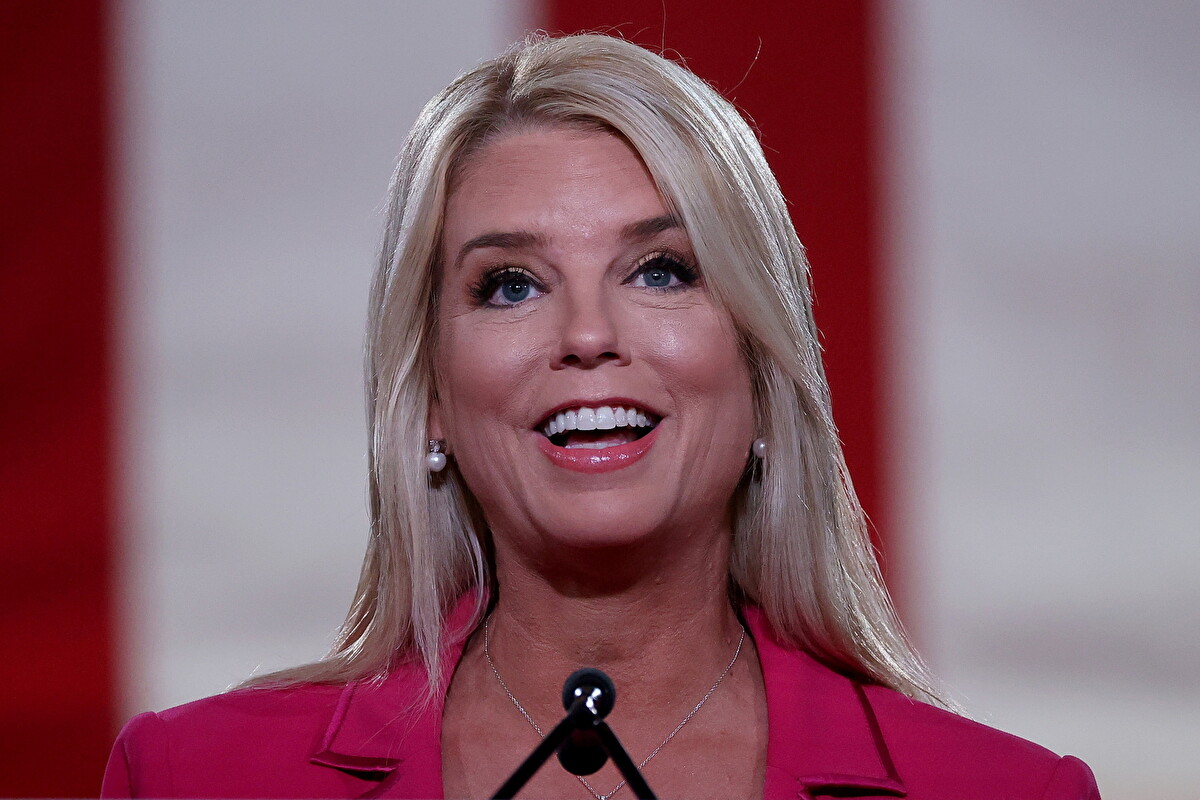Israeli Prime Minister Benjamin Netanyahu has labeled the Iranian attack on Tuesday against major cities in the Jewish state as a “declaration of war.” Various locations, including Tel Aviv and Haifa, were targeted by approximately 180 ballistic missiles launched by the Islamic Revolutionary Guard Corps (IRGC), creating moments of panic among the populace but, according to initial estimates, resulting in only a few injuries. The Iron Dome defense system performed its duty, intercepting most of the projectiles, although some did get through, causing significant structural damage.
Following the urgent call for citizens to take shelter in bunkers, the Israeli armed forces quickly retaliated with targeted airstrikes against military objectives in Syria, including arms depots and command centers that Israel claims are used by the IRGC to coordinate operations against the Jewish state.
“We will not allow anyone to threaten our existence,” Netanyahu declared in the evening before convening his Security Cabinet. “Iran made a grave mistake this evening—and they will pay for it.” In the coming days, the Prime Minister and the hawks in his government plan to respond decisively, despite Tehran’s explicit warnings to Tel Aviv against such actions, arguing that they are retaliating for the recent killings of Hezbollah leader Hassan Nasrallah and Hamas leader Ismail Haniyeh, who was taken out at his home in Tehran.
“Our action is complete unless the Israeli regime chooses to provoke further reprisals. In that scenario, our response will be stronger and more powerful,” Iranian Foreign Minister Abbas Araqchi stated in a post on X early Wednesday.
In a statement to state media, the Iranian armed forces’ General Staff claimed that any Israeli response would be met with “widespread destruction” of its infrastructure, including any allies of Tel Aviv.

In recent years, tensions between Israel and Iran have escalated due to the Islamic Republic’s nuclear ambitions and Tehran’s support for a constellation of militant groups, including Hezbollah in Lebanon. Israel views Iran as an existential threat, fearing that the ayatollah regime may develop nuclear weapons and employ Shiite militias to attack Israeli territory.
The White House issued a firm statement of support for Israel yesterday, emphasizing the ally’s right to defend itself. U.S. Defense Secretary Lloyd Austin spoke with Israeli Defense Minister Yoav Gallant late Tuesday, reaffirming that Washington is “well-prepared” to defend its ally. As of yesterday, U.S. Navy warships, with the assistance of British allies, fired around ten interceptors against Iranian missiles aimed at Israel.
However, analysts warn that an excessive response from Tel Aviv could further complicate the already fragile geopolitical dynamics in the Middle East, potentially plunging the region—and the world—into a regional conflict with exponentially more dire consequences than the already heavy toll of nearly a year of siege in Gaza and the West Bank.
Adding to this already volatile situation is the recent front in southern Lebanon, extending to the capital, Beirut. The Israeli army announced on Wednesday that infantry and armored units have joined ground operations in the land of the cedars. The ground operation, which began Monday, has been presented as a localized action to dismantle tunnels and other infrastructure along the border to allow the return of Israeli civilians to the north, which has been subject to Hezbollah reprisals for months.
According to Lebanese government statistics, nearly 1,900 people have been killed and more than 9,000 injured in Lebanon in almost a year of cross-border fighting, most of which has occurred in the past two weeks.












